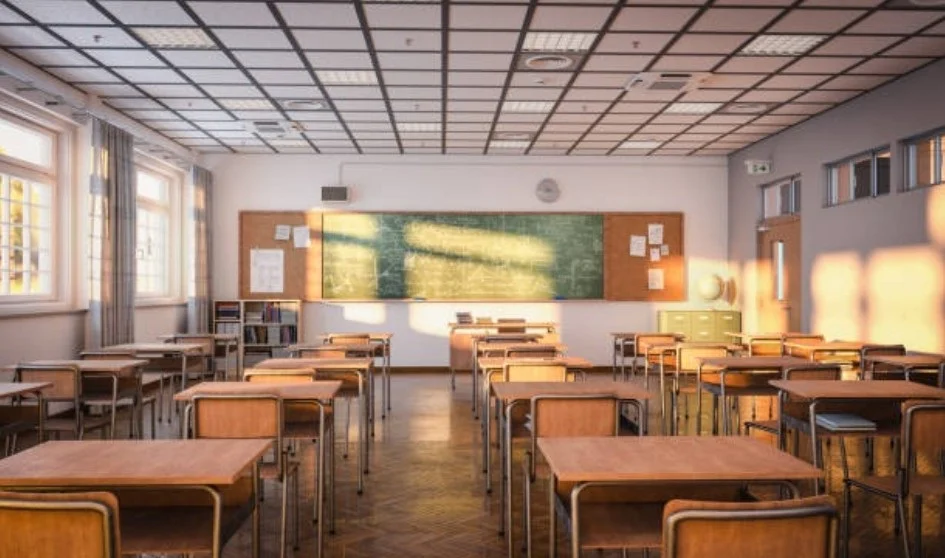
The Gauteng Department of Education recently announced the closure of dozens of unlawful and unlicensed schools across the province. Image credit: Daily sun
The Gauteng Department of Education recently announced the closure of dozens of unlawful and unlicensed schools across the province. However, experts caution that these crackdowns are not just isolated instances of successful law enforcement; rather, they are signs of broader systemic constraints.
A thriving underground industry
The department said throughout the two previous financial years, 71 unregistered or unlawful schools were found and closed.
These schools lack proper registration, frequently operate in garages, converted homes, or temporary spaces, and, according to GDE- put students at grave danger of academic invalidity and exclusion.
But why are they emerging at all?
Demand, overcrowding and desperation
The demand for education in Gauteng is exceptionally high due to a combination of urban migration, population increase, and disparities in infrastructural expansion.
The provincial legislature recently highlighted the pressing issues of overcrowding in schools and postponed infrastructure projects.
In this case, illegal schools, although unsafe, fill a void when parents believe that conventional schools are full, underfunded, or inaccessible.
One instance detailed in local news was the transformation of a Nellmapius home into an illicit school that charged R350 per child per month without a departmental registration or zoning certificate.
The rate at which these businesses develop suggests that the market is responding to formal provision that is underperforming.
A Gap in Regulations
Students at illicit schools often cannot transfer reports or claim valid matric certificates since they operate outside of the official system.
In a recent statement, the GDE has made it clear that many of these schools’ teachers are not registered with the South African Council for Educators (SACE), and the facilities are sometimes completely inadequate.
While closing a school is one step, preventing its swift re-opening nearby under a new name remains a significant challenge for the department.
Despite its claims of collaboration with local council members and law enforcement, the GDE faces difficulties stopping the quick reappearance these schools.
Implications for learners
For many families, proximity, perceived affordability or convenience are what may be appealing about an illegal school.
But the trade‑offs can be steep: reports may not be recognised by formal schools; learners may have to repeat grades, in worst cases matric results may not be valid.
Crucial Transformations
While enforcement and closures remain essential, sustainable solutions require expanding capacity, improving access, and building trust in the formal education system.
Otherwise, “ghost classrooms” will continue to rapidly increase, leaving learners caught in institutions that offer little real educational value.



